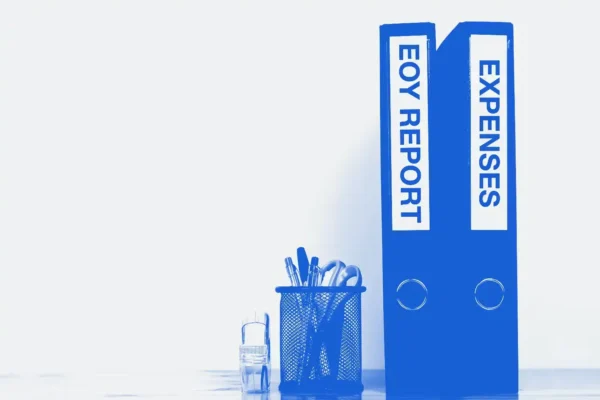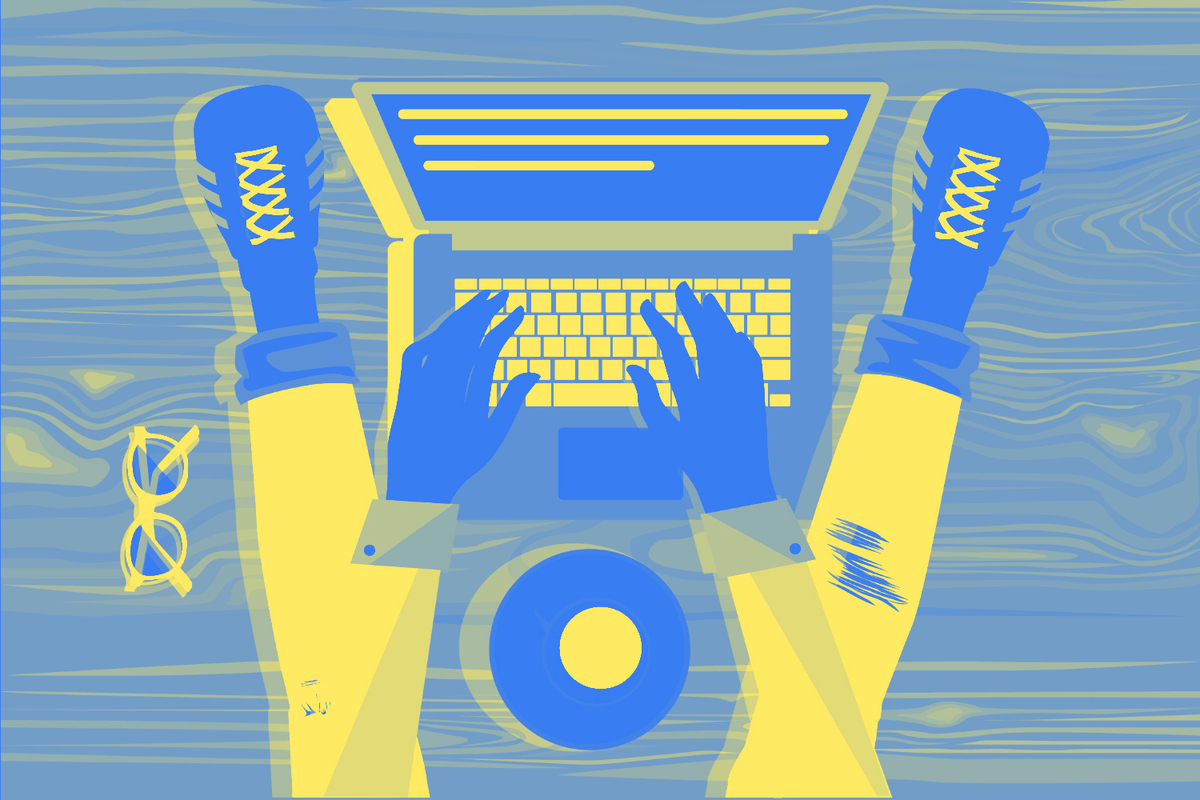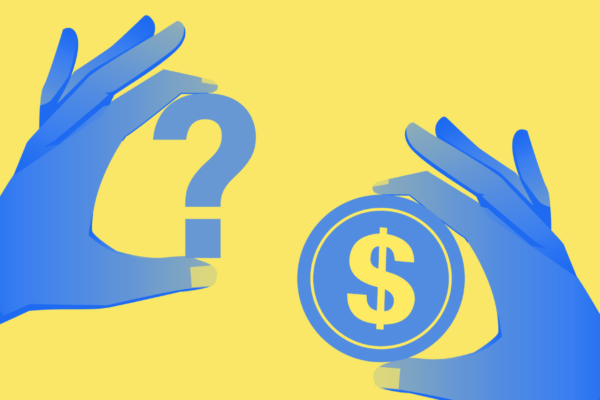
How to Set Up Banking for Freelancers

As a freelancer, it can be tempting to just deposit your checks from clients into your personal account. After all, your income is yours and your expenses are yours, so why bother with creating a separate account when the money will inevitably end up in the same place?
There are a lot of reasons to set up a freelancer bank account, as it turns out.
Mixing a personal account with freelance money is a recipe for a financial mess, making things like budgeting, forecasting, expense tracking, and taxes difficult. By separating accounts, keeping track of your freelance money can become a streamlined process that simplifies your financial management. Here are five big reasons to consider.
1. Separate accounts give you financial clarity and transparency.
When you mix personal and business finances in a single account, it becomes challenging to distinguish between personal expenses and business-related transactions. This lack of clarity can lead to confusion when tracking income and expenses.
It’s a good idea to have a clear understanding of your income and expenses for two reasons:
- Understanding your cash flow: Knowing how much money you have coming in and going out is crucial for keeping tabs on the health of your business and budgeting. Mixing personal funds— especially when you have multiple sources of income— can give a false sense of financial security or success.
- Doing taxes: Self-employment taxes require freelancers to report their business income and expenses separately. By using a dedicated business account, you can ensure you accurately report their earnings and claim eligible deductions, reducing the risk of penalties.
While opening a separate account may not always be a legal requirement for freelancers, it’s always advisable. Not only can it help you run your business better, but it can help you stay out of trouble with the IRS!
If you’re ever audited, having a dedicated business account with a clear trail of business transactions can make the process smoother and less stressful. At the very least, it’ll keep the IRS from having to dig around your personal bank account.
Check Out Our HYSA for Businesses
Earn a competitive rate and pay zero bank fees¹ with a business high-yield savings account at Amplify.
2. It can help you reach your personal financial goals.
Having well-organized finances can also help your personal financial situation— not just your business.
On an everyday level, it can help you budget your earnings with more accuracy, allowing you to save for the things you want and need. When it comes time for those big purchases— say a house, for instance— banks will be able to have a clearer understanding of your freelance income, helping your chances at approval.
3. It can help protect your personal assets.
In the event of legal disputes in your freelancing work, a separate business account can help protect your personal assets from being at risk. A separate business bank account helps business owners maintain the “corporate veil”, which is the legal concept that separates the personal assets and liabilities of individual shareholders or owners from those of a business.
4. You’ll get access to business banking perks.
Business bank accounts often come with perks that personal accounts may not offer, such as business loans, credit cards, and other financial products tailored to entrepreneurs and freelancers. Even if you don’t need these services now, having them in your back pocket can come in handy if you decide to expand your business down the road.
5. It’s a sign of professionalism.
Using a separate bank account as a freelancer showcases professionalism to clients, vendors, and financial institutions by demonstrating your commitment to organized financial management. It signifies that you take your freelance work seriously, fostering transparency and trust in your business relationships. Having a business account as a freelancer can also simplify payment processes for clients and vendors, making it easier for them to work with you.
How to Open a Freelance Bank Account
Opening a bank account as a freelancer is just as easy as opening a personal bank account. If you are making any amount of money as a freelancer, whether it’s a side hustle or your sole source of income, you should take the time to open a separate bank account.
1. Start by looking for bank accounts tailored to freelancers.
Start by researching banks or financial institutions that offer business accounts tailored to freelancers. Look for banks that provide services like low fees (or NO fees, like Amplify Credit Union), online banking, and features that suit your freelancing needs.
2. Visit the bank’s website or in-person branch.
Once you’ve identified your bank and account of choice, visit their websites to get a better idea of the application process. If you have additional questions, you can always reach out to the bank directly by phone or visit in-person.
3. Apply and supply the necessary documentation and information.
Applying for a bank account as a freelancer is easy! Depending on your preference, either visit the bank in person or apply online through the bank’s website. Whether online or in-person, you’ll need to complete application forms, providing personal and business information. Be honest and accurate when filling out these forms.
If applying online, you may need to upload scanned copies of your documentation.
Exact requirements may vary from institution to institution, but, generally, you’ll need to provide:
- Personal identification (e.g., driver’s license)
- Social Security number
- Business documentation if you’ve established yourself as an LLC or other legal entity (e.g., business registration, EIN or tax ID if applicable)
- Information about your freelance business (e.g., business name, description of services, expected monthly transactions)
If anything is missing, a banker will guide you through obtaining the right documentation.
4. Fund and activate your account.
Keep in mind that some business accounts require an initial deposit. This amount can vary depending on the bank and the type of account you’ve chosen. After your account is approved, you’ll need to deposit funds into your new freelancer bank account.
Once your account is funded, it will be activated. You’ll receive account information, including your account number and access to online banking services if applicable. If you receive a debit card, don’t forget to activate it before using it!
5. Start using your freelance bank account for any work-related transactions and earnings.
It’s time to use your account. Deposit any earnings from your freelance work into this account and use it for any work-related purchases.
When you’re ready to pay yourself, simply transfer earnings from your business account to your personal account, keeping detailed records of payments to yourself along the way.
Take a Step Towards Your Freelancing Goals
Setting up a dedicated bank account for your freelance business is not just a wise financial move; it’s a fundamental step towards success as a freelancer. A separate bank account will make life easier both year-round and during tax season, as well as show clients, vendors, and financial institutions that you mean business.
Ditch the Bank Fees
Learn more about our fee-free business accounts – perfect for small businesses in Austin and Central Texas.




